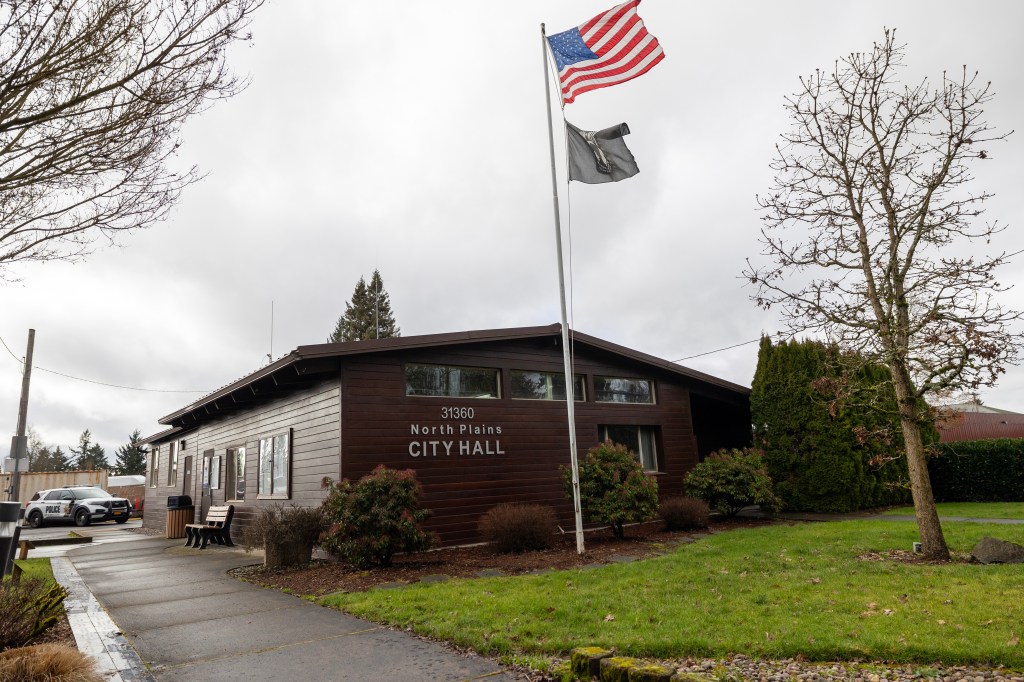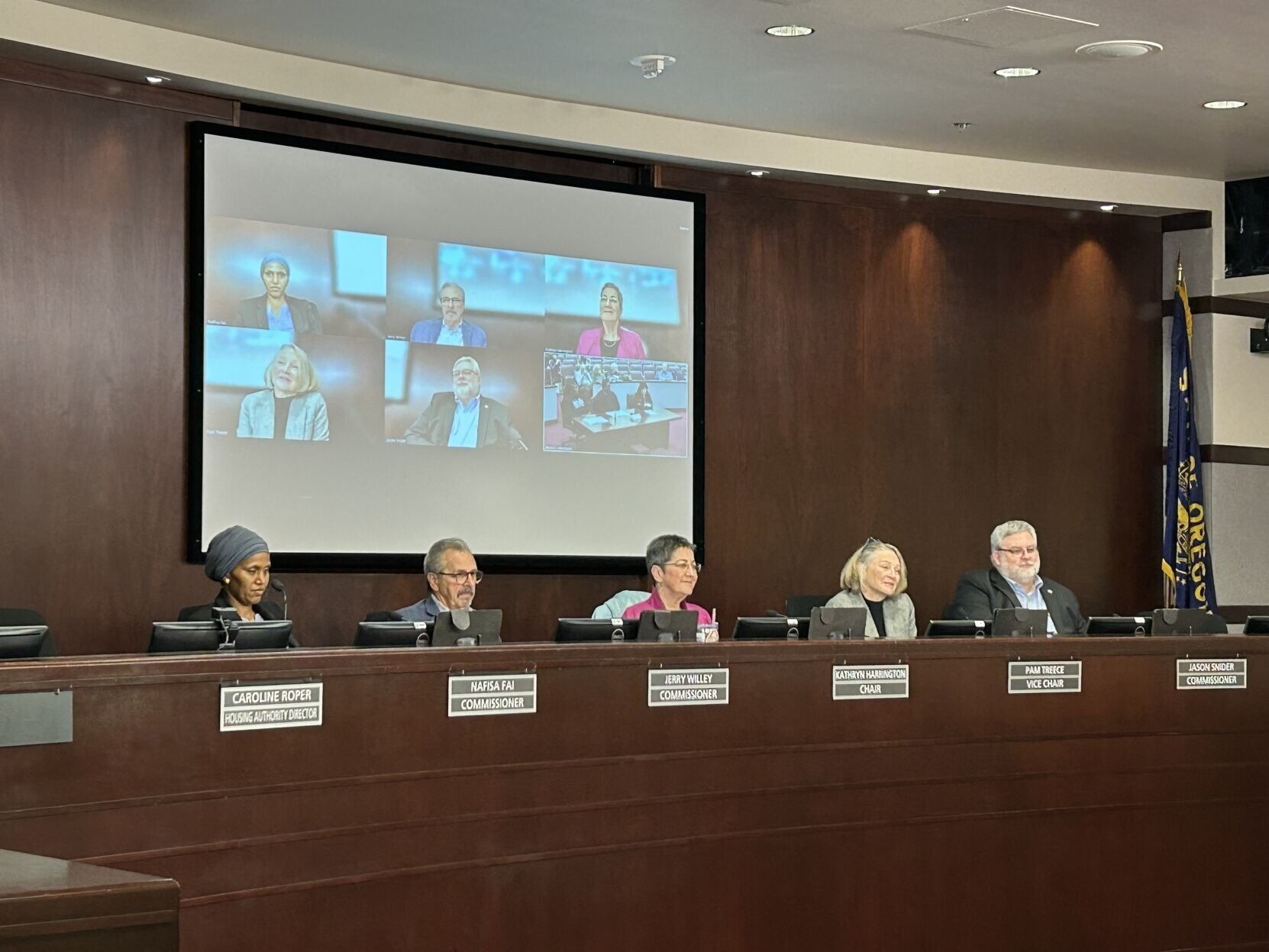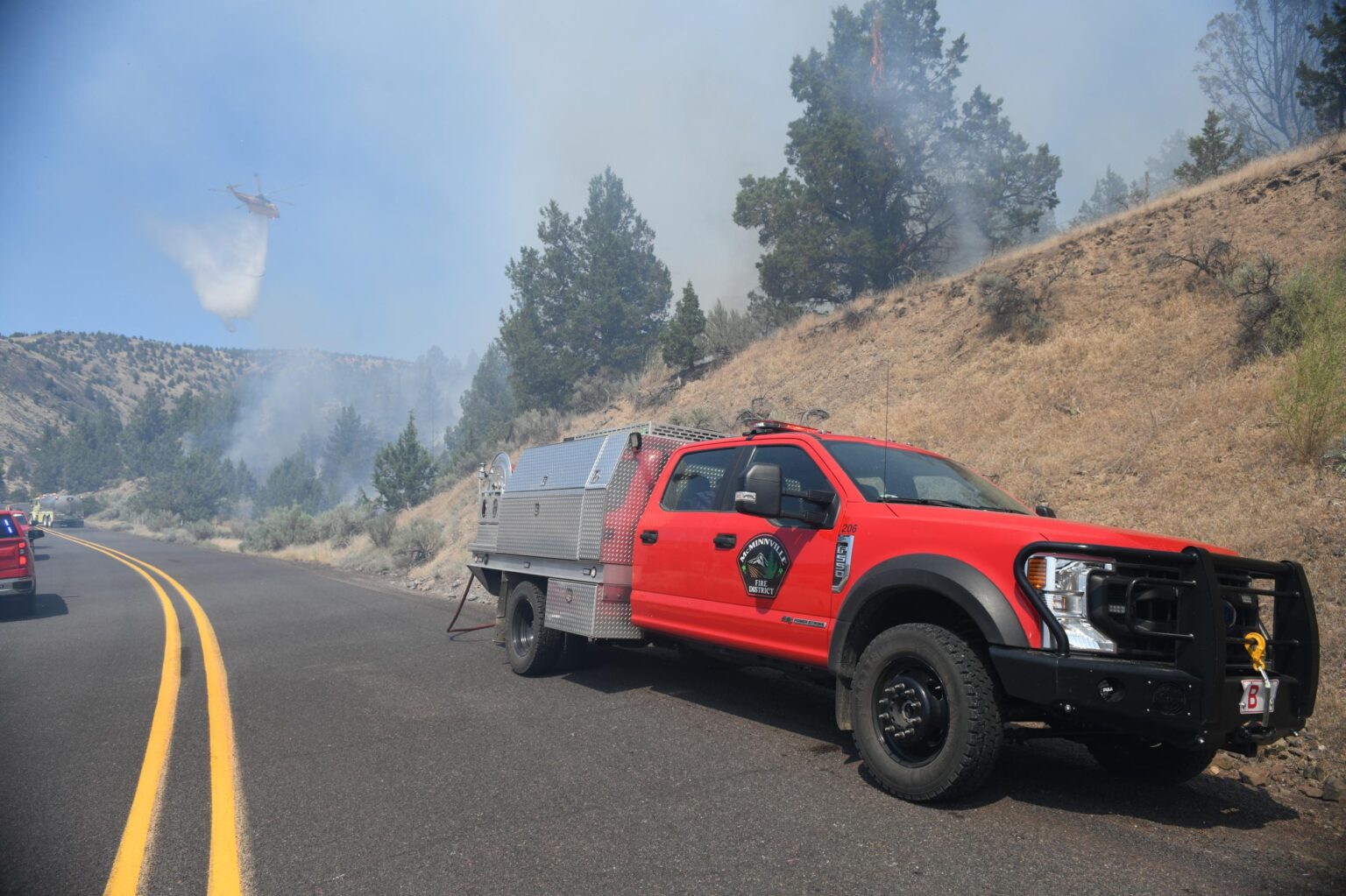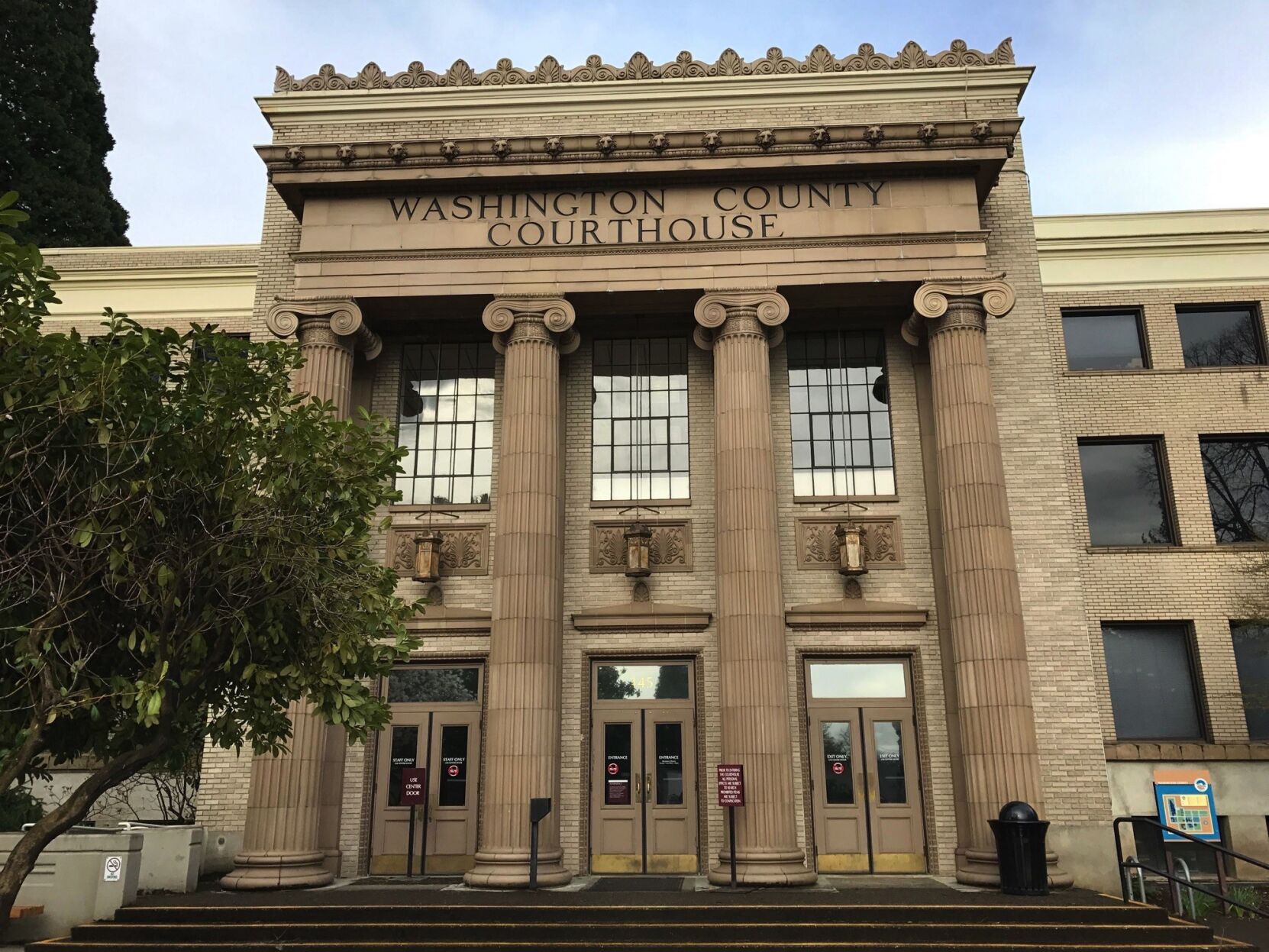Growth battle brews as North Plains searches for new mayor
Published 4:54 pm Tuesday, July 22, 2025

- Following the resignation of Mayor Ariel Goodwin, North Plains is in search of a new city leader. (Jaime Valdez/News-Times)
North Plains is without a mayor — and possibly on the brink of another land use battle.
The city council formally accepted Mayor Ariel Goodwin’s resignation during a meeting Monday, July 21, setting in motion a process to appoint a new leader. But whoever steps into the role is likely to face immediate friction over a familiar issue: the city’s growth.
Goodwin, just six months into her first term, announced July 15 that she would step down while out of the city receiving care for an ongoing medical condition. In a letter to city staff, she cited city charter rules requiring elected officials to be physically present in the city and other attendance mandates as preventing her from continuing to serve.
Trending
The council had granted Goodwin a 30-day leave on June 16 following a string of physical absences dating back to April 21. But the former mayor returned in person to the Jessie Mays Community Center on Monday to make her departure official.
“Every move from here forward must be transparent, accountable and community led,” she said. “There is no acceptable path forward that does not include the public, and let me be very direct: You are on notice. That doesn’t mean you’re beyond redemption. It means the clock has run out on back-room decisions, retribution and fear-based leadership.”
Growth on the table
Among the next steps being closely watched by the former mayor and residents is the city’s ongoing examination of how — and by how much — North Plains should grow.
Elected in November 2024, Goodwin ran as part of a slate of newcomers who campaigned on “smart growth,” challenging the city’s nixed proposal to add 855 acres to the city’s urban growth boundary. After 72% of those who voted rejected the plan in a May 2024 referendum, city leaders have been reevaluating what expansion should look like for the small but fast-growing community.
Now, as the city moves forward with redrawing the line for new land, concerns are resurfacing that the process lacks transparency and is again out of step with public sentiment.
Much of that unease came to a head during a planning commission meeting July 9 where community members questioned the use of a $230,000 grant from the Oregon Department of Transportation. The grant is funding technical work such as land-use planning and infrastructure mapping — efforts that are still examining the original 855-acre area.
Trending
City Manager Bill Reid clarified that no new urban growth boundary proposal has been drawn or submitted. The current planning effort, he said, is meant to provide data that could inform a future, potentially scaled-down proposal. According to Reid, the 855-acre scope remains under study because it was established in the grant application submitted in 2022, prior to the referendum.
Residents also raised concerns about whether the city is now obligated to pursue large-scale industrial growth — particularly to support semiconductor development — due to language in the grant application.
Although the city’s original proposal did mention potential semiconductor development as a motivation for applying, Reid stressed that there are no such requirements in the current contract.
“That was all the motivation for applying for the grant. But there aren’t any requirements in the contract,” he said.
As for the city’s financial obligation, Reid said the grant covers the project’s external costs, and the city is responsible only for dedicating staff time to assist with the planning effort.
“We have to obligate that we will work on the process as staff for a certain amount of hours and effort as part of our end,” Reid said.
A call for trust
While city leaders maintain that the process is still in an early stage, residents have called for a more cautious and transparent approach that takes into account the voice of voters.
“Everyone is bringing up like, ‘oh, money was spent. This is already done.’ But at what point does it become a sunk cost fallacy that we continue putting energy and money into this trajectory as opposed to letting it drop,” Emily Waldron, a North Plains-area resident, said during public comment. “It has not been approved and accepted by anyone, and we can instead focus on one smaller growth, which the community is open for and interested in.”
The priority, Waldron argued, should be to restore credibility between residents and city leadership.
“It’s very evident by talking to a lot of people living in town that a lot of people have very big distrust in the city body,” she said. “We need to work on building the trust again amongst the community.”
For now, a vacancy
Before North Plains lands on how much land it will bring in, the city is still in search of a new mayor.
According to the city charter, vacancies for both the mayor and council positions are filled by appointment, requiring a majority vote from the remaining council members. The appointee would serve through the end of the current term — meaning Goodwin’s replacement would remain in the mayor’s seat until 2028.
The city code outlines a formal appointment process that begins with public notice posted online and in print. Applications then remain open for at least two weeks. After the deadline, the council may interview applicants and will consider only those who receive a nomination and seconding from sitting council members.
The appointment itself must occur during a regular or special council meeting, and the candidate must receive a majority vote from the current council to be appointed.
Typically, the mayor would cast a tie-breaking vote, if needed. But in this case, the council will have to come to a majority decision on its own.







